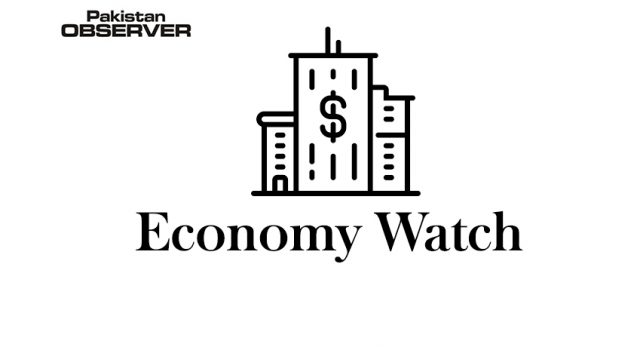London
Many British businesses are swiftly discovering that they must now pay duties on exports bound for the European Union, despite the breakthrough Brexit free trade deal clinched over Christmas.
The development, which has already helped spark sliding freight traffic to Ireland, is part of trade disruption that has become increasingly evident this year after Britain’s Brexit divorce was finalised on December 31.
Trade has also been badly hampered by new Covid-19 border restrictions, with the roll-out of testing for lorry drivers as Britain races to curb a rampant variant of the deadly virus.
At the heart of the Brexit deal, which came into force on January 1, is the so-called “rules of origin” condition applied to all goods crossing the border.—APP










